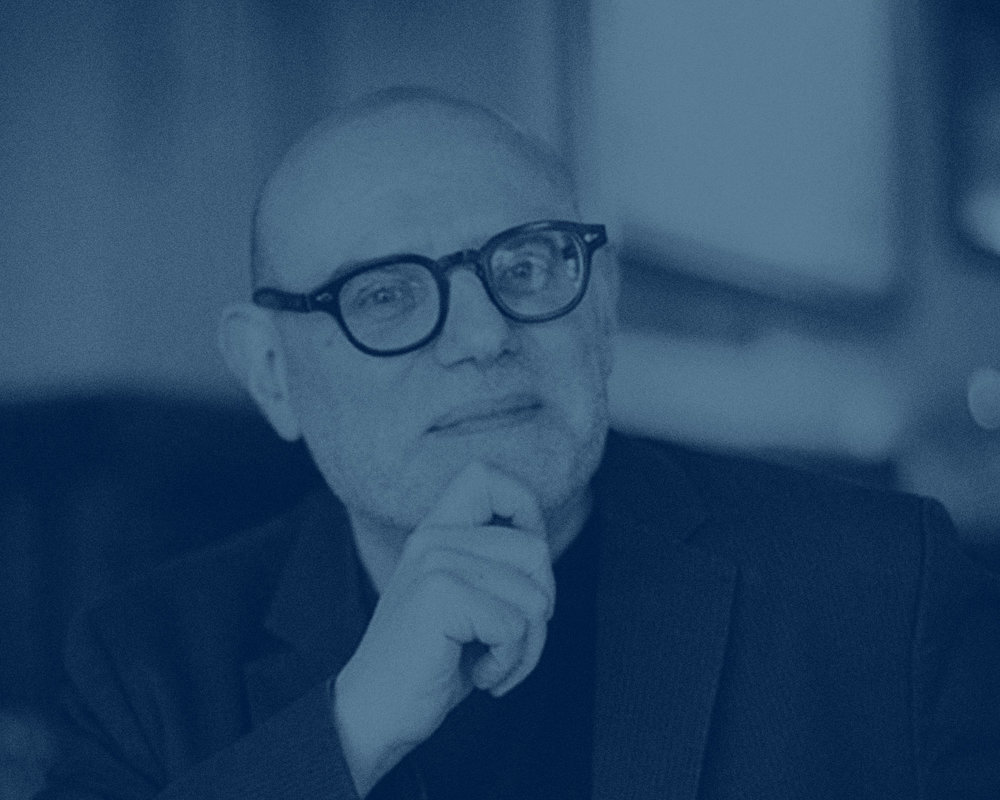In the twentieth century, the term “totalitarianism” emerged to describe extremely oppressive and powerful political regimes, especially Nazi Germany and Stalinist Russia. Today, when those regimes are long gone and many of the political categories of the twentieth century seem to have become scrambled or obsolete, does “totalitarianism” still have any meaning? To find out, the Greek magazine Marginalia spoke to Enzo Traverso, historian and author of, most recently, Left-Wing Melancholia: Marxism, History, and Memory. Traverso traces the sometimes conflicting definitions of the term, and argues that today we are beset by a “neoliberal totalitarianism.” You can read an excerpt from the interview below, or the full text at the Verso blog.
It is clear that historical specificity and socio-political contextualization is paramount in any effort to better understand totalitarianism. Would it be possible, however, or would you find it useful to identify some of its most important characteristics? Would, for research purposes at least, an ideal-type be of certain value?
Many scholars have tried to build a totalitarian “ideal-type.” According to Carl Friedrich and Zbigniew Brzezinski, the authors of a very successful theoretical definition in the 1950s, totalitarianism is a correlated system of different elements: the suppression of constitutional rights, the abolition of pluralism and representative democracy, a single-party system, a charismatic leadership, an official ideology, and the concentration camps. The advantage of this ideal-type lies in its capacity to include both fascism and Stalinism. If we adopt Arendt’s definition of totalitarianism as a system of power that destroys politics, however, we should recognize that it can take different forms without crystallizing into “ideal-types.” Thus, totalitarianism should not be reduced to its twentieth century forms. A completely reified world, in which all human and social relationships take a commodity form, in which the market becomes a universal anthropological model and human beings are unable to conceive of their relationships outside of individualism and competition: such a world would be totalitarian. Paradoxically, a new form of neoliberal totalitarianism is coming into being, dressed in anti-totalitarian clothes (market and individualism as symbols of freedom against racial and class collectivism).
Image of Enzo Traverso via escoladepensamentlluisvives.com.
